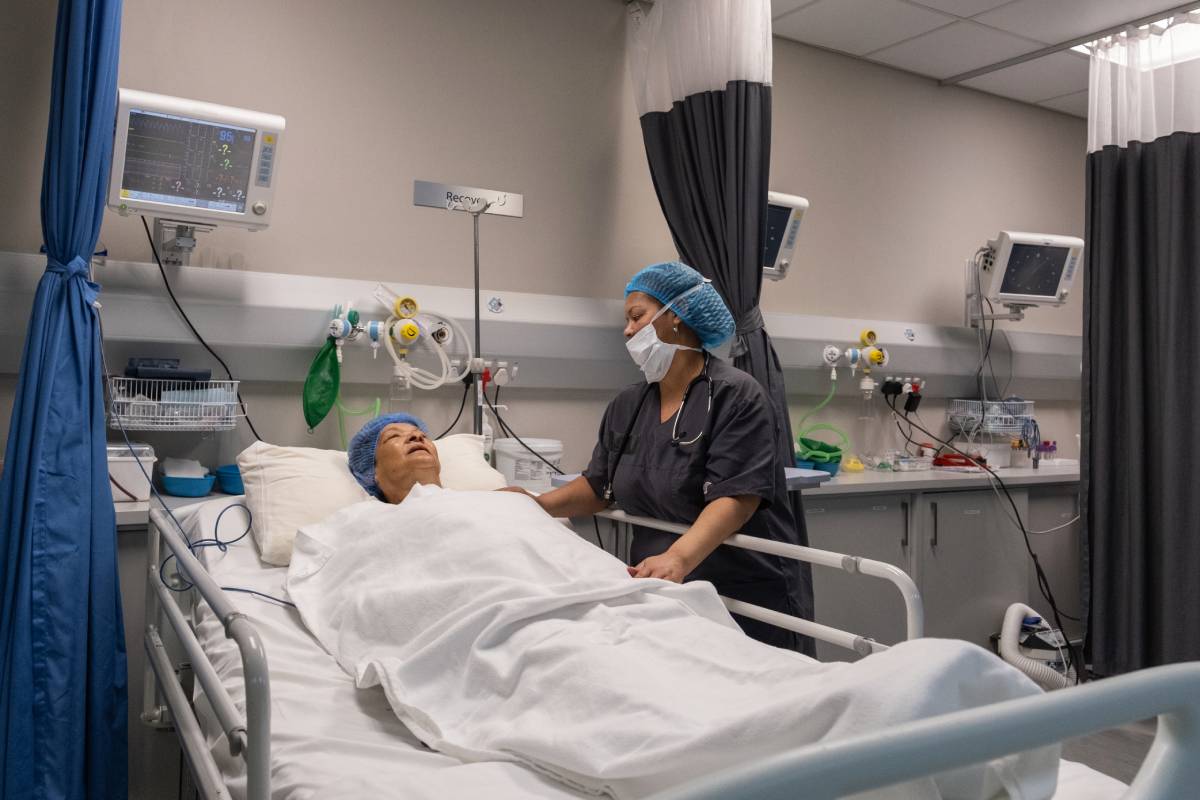NSAIDs and Postoperative Delirium

Nonsteroidal anti-inflammatory drugs (NSAIDs) play an important role in postoperative pain management, but their effect on postoperative delirium is the subject of ongoing investigation. Postoperative delirium is a transient but serious neurocognitive disorder that disproportionately affects elderly patients and those with pre-existing cognitive impairment. It is associated with prolonged hospital stays, increased healthcare costs, and increased morbidity and mortality. While NSAIDs are commonly used as part of multimodal analgesia to reduce opioid consumption, their influence on the risk of delirium is complex and multifactorial (1).
The relationship between NSAIDs and postoperative delirium is largely linked to the inflammatory hypothesis of postoperative delirium. Surgical trauma induces systemic inflammation leading to the release of pro-inflammatory cytokines such as interleukin-6 (IL-6) and tumor necrosis factor-alpha (TNF-alpha). These inflammatory mediators can cross the blood-brain barrier and trigger neuroinflammation, which is thought to contribute to the pathogenesis of delirium. By inhibiting cyclooxygenase (COX) enzymes and reducing prostaglandin synthesis, NSAIDs may attenuate this inflammatory response and thereby reduce the risk of postoperative delirium (2). A meta-analysis evaluating NSAID usage found that patients who received NSAIDs had a lower incidence of postoperative delirium than those who received opioid analgesia alone (1).
Conversely, there is concern that NSAIDs may exacerbate delirium in certain patient populations. NSAIDs are known to increase the risk of renal dysfunction, gastrointestinal bleeding, and altered hemodynamics, all of which may contribute to postoperative delirium (3). In frail, elderly patients with multiple comorbidities, NSAIDs may interact with other perioperative medications, increasing susceptibility to delirium. In addition, selective COX-2 inhibitors, originally developed to reduce gastrointestinal toxicity, have shown conflicting results regarding their neuroprotective versus neurotoxic effects. Some studies suggest that COX-2 inhibitors, such as celecoxib, may reduce neuroinflammation and provide protective benefits, while others suggest that they may increase the risk of cerebrovascular events, thus indirectly contributing to delirium (4).
A recent study of perioperative NSAID use found that non-salicylate NSAIDs, such as ibuprofen and ketorolac, were associated with a lower risk of postoperative delirium compared with opioid-based regimens (3). These findings support the use of NSAIDs for pain management in place of opioids where possible, as opioid-induced central nervous system depression and neurotransmitter alterations are likely key contributors to delirium. However, another study analyzing cognitive outcomes in elderly patients undergoing surgery reported no significant difference in the incidence of delirium between NSAID users and non-users, suggesting that the protective effect of NSAIDs may be patient-dependent and influenced by baseline cognitive function and comorbidities (5).
Despite these mixed findings, multimodal analgesia strategies that include NSAIDs remain a widely accepted approach to postoperative pain management. Clinicians must carefully evaluate the risks and benefits of NSAID use in individual patients, particularly those with pre-existing cognitive impairment or underlying renal and cardiovascular disease. Future research should focus on large-scale randomized controlled trials to better elucidate the role of NSAIDs in delirium prevention, particularly in high-risk surgical populations. Given the multifaceted nature of postoperative delirium, an individualized approach that integrates NSAIDs with other evidence-based interventions, such as regional anesthesia and non-opioid analgesics, may be the most effective strategy to minimize the risk of delirium while ensuring optimal postoperative pain control.
References
- Kim SY, Na HS, Ryu JH, Shin HJ. The effect of non-steroidal anti-inflammatory drugs on postoperative delirium: a meta-analysis. Korean J Anesthesiol. 2024;77(5):546-554. doi:10.4097/kja.24325
- Kapila AK, Watts HR, Wang T, Ma D. The impact of surgery and anesthesia on post-operative cognitive decline and Alzheimer’s disease development: biomarkers and preventive strategies. J Alzheimers Dis. 2014;41(1):1-13. doi:10.3233/JAD-132258
- Sundararaman L. Recent studies show that perioperative NSAID use can decrease risk of postoperative delirium. ASA Monitor. 2025;89(1):10. doi:10.1097/01.ASM.0001096752.55445.f3.
- Zhu Y, Yao R, Li Y, et al. Protective Effect of Celecoxib on Early Postoperative Cognitive Dysfunction in Geriatric Patients. Front Neurol. 2018;9:633. Published 2018 Aug 7. doi:10.3389/fneur.2018.00633
- Tian Y, Zhao P, Li L, Guo Y, Wang C, Jiang Q. Pre-emptive parecoxib and post-operative cognitive function in elderly patients. Int Psychogeriatr. 2015;27(2):329-336. doi:10.1017/S1041610214001951
